Estimated Fees in India
₹ 100 to ₹ 500 per hour
Find Korean Language classes Fees in your locality
Post your Learning Need
Get customized quotes and responses from Tutors
Choose & Learn from Tutor of your choice
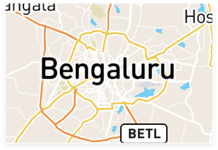
No data available
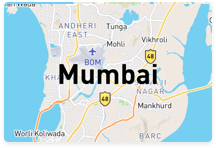
No data available
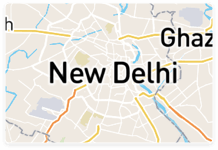
₹ 300 to ₹ 500
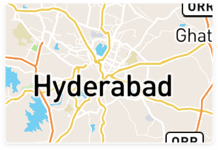
No data available
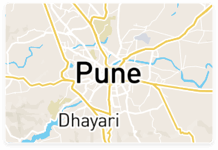
No data available
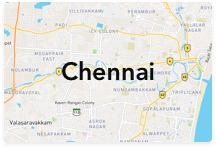
No data available
Answered on 21 Feb Learn Language/Foreign Language/Korean Language

Nazia Khanum
Understanding the Cost of Studying Korean Language in Seoul
Introduction: As a registered tutor on UrbanPro.com with expertise in Korean language coaching, I often encounter inquiries about the cost of studying Korean language, especially in Seoul. In this response, I will provide valuable insights into the expenses associated with learning Korean in the vibrant city of Seoul.
Factors Influencing the Cost: Understanding the elements that contribute to the overall cost of studying Korean in Seoul is crucial. Several factors play a role, including:
Type of Institution:
Program Duration:
Accommodation:
Comparative Analysis: Examining the cost of Korean language coaching in Seoul compared to online coaching can provide a clearer perspective for prospective learners.
Korean Language Online Coaching:
Seoul-Based Coaching:
Best Online Coaching for Korean Language: While Seoul offers an unparalleled environment for learning Korean, online coaching platforms like UrbanPro.com can provide excellent alternatives. The advantages include:
Qualified Tutors:
Flexibility:
Cost-Effective:
Conclusion: In conclusion, studying Korean in Seoul can be a rewarding experience, but it is essential to consider the associated costs. Online coaching, such as that available on UrbanPro.com, offers a practical and cost-effective alternative, ensuring learners can achieve proficiency in the Korean language without breaking the bank.
Answered on 11/11/2023 Learn Language/Foreign Language/Korean Language

Sadika
Talking about movies and entertainment in Korean can be a fun and engaging way to connect with others. Here are some useful phrases, vocabulary, and sentence structures to help you discuss movies and entertainment:
Movies:
Entertainment:
Discussing Movies:
Talking about TV Shows:
Expressing Likes and Dislikes:
Recommendations:
보다 (boda) - to watch:
추천하다 (chucheonhada) - to recommend:
좋아하다 (johahada) - to like:
어떤 영화를 최근에 본 적이 있어요? (Eotteon yeonghwa-reul choegeun-e bon jeogi iss-eoyo?) - Have you seen any movies recently?
어떤 드라마를 추천해 주시겠어요? (Eotteon deurama-reul chucheonhae jusigess-eoyo?) - Can you recommend any dramas?
Answered on 10/11/2023 Learn Language/Foreign Language/Korean Language

Sadika
The Korean verb endings "고 싶다" (go sipda) and "-(으)래요 ((eu)llaeyo)" are used to express desires or intentions in different ways. Let's look at each of them:
고 싶다 (go sipda):
먹다 (meokda) - to eat
가다 (gada) - to go
보다 (boda) - to see/watch
-(으)래요 ((eu)llaeyo):
먹다 (meokda) - to eat
마시다 (masida) - to drink
보다 (boda) - to see/watch
Remember that for verbs ending in a consonant, you add "-러" ("-reo") before attaching "-래요" ("-llaeyo"). The choice between "고 싶다" (go sipda) and "-(으)래요 ((eu)llaeyo)" depends on the nuance you want to convey. "고 싶다" expresses a personal desire or want, while "-(으)래요" suggests a friendly proposal or invitation.
Have a question about Korean Language classes Fees? Ask your question and get answers from top Tutors.
Create your FREE UrbanPro profile and grow your income!
Find best tutors for Korean Language Classes by posting a requirement.

Get started now, by booking a Free Demo Class